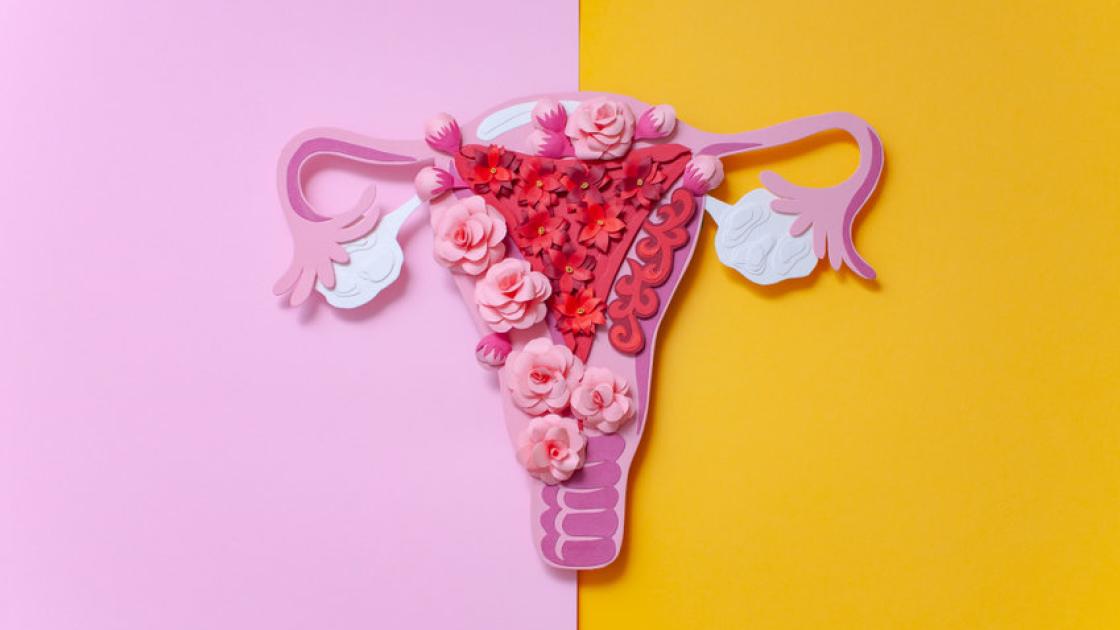
Endometriosis: 5 facts to know about this women's health condition
Endometriosis is a chronic health condition that develops when a woman's inner uterine lining (endometrium) grows where it shouldn't, such as outside the uterus or on other organs. This March, our team at SIU Medicine joins the greater medical community in raising awareness during Endometriosis Awareness Month. We strongly encourage women and their loved ones to learn more about this condition—here are a few reasons why.
Endometriosis is surprisingly common
The World Health Organization (WHO) estimates that 10% of females of childbearing age have endometriosis. That means roughly 190 million women and girls from around the world live with signs and symptoms of this condition. It's quite possible that someone you know is living with endometriosis or will be diagnosed with it at some point in their lifetime.
It’s difficult to diagnose
Surgery is the only way to diagnose endometriosis definitively, though other tools and questions can point to the disease. Your gynecologist may do a pelvic exam to feel for signs of cysts of scar tissue, do an ultrasound to look for ovarian cysts that are common among women with endometriosis, or take an MRI to get a clearer picture of what’s happening inside your body.
You should also let your doctor know if you have pain during or after sex or when going to the bathroom, you have unusual or heavy periods, bloating and constipation or difficulty getting pregnant.
Other conditions can look like endometriosis
We know that endometriosis tends to be difficult to diagnose and treat. This is partly because many signs and symptoms of endometriosis, including chronic pelvic pain and painful periods, are often caused by other health conditions, too.
When we help people learn about endometriosis and become familiar with endometriosis risk factors, signs and symptoms, we help women become better advocates for themselves and their loved ones. We also help health care providers deliver comprehensive care as they seek to make accurate and timely diagnoses.
Endometriosis can impact a woman's ability to have children
Women with endometriosis can and do have children, though it might be more difficult for them to conceive. Experts estimate about half of women with infertility also have endometriosis. Bringing more awareness to this fact can help patients and their loved ones maintain realistic expectations about their family planning journeys.
Greater endometriosis awareness = greater opportunities for new research
Doing your part to raise awareness helps garner more support and funding for future endometriosis research. At SIU Medicine, our scientists and clinicians are actively pioneering new innovations in endometriosis treatment and screening, and are even helping women gain access to clinical trials related to their condition. The more people know about these resources, the more likely it is such resources will be supported and utilized.
Do you have more questions about endometriosis?
Would you or someone you care about like to speak to a health care provider about endometriosis? Contact SIU Medicine at 217-545-8000 to schedule an appointment today or learn more about our women's health services.




